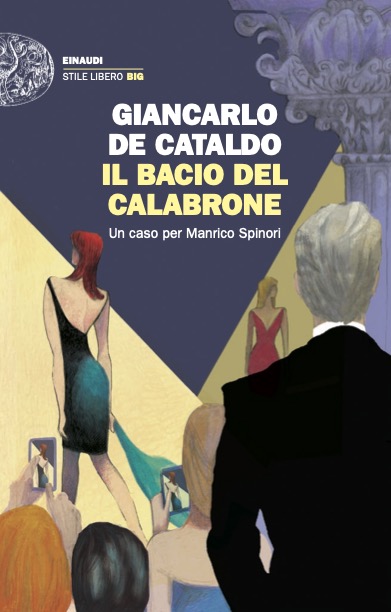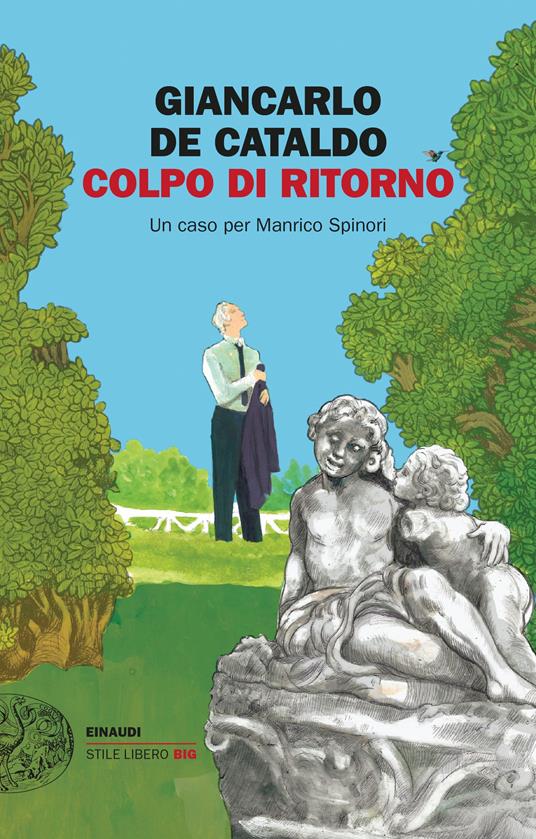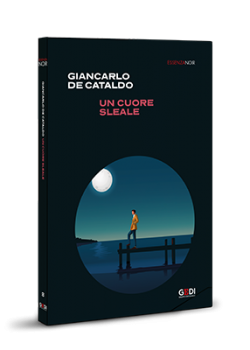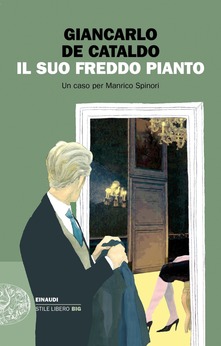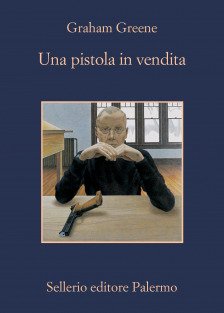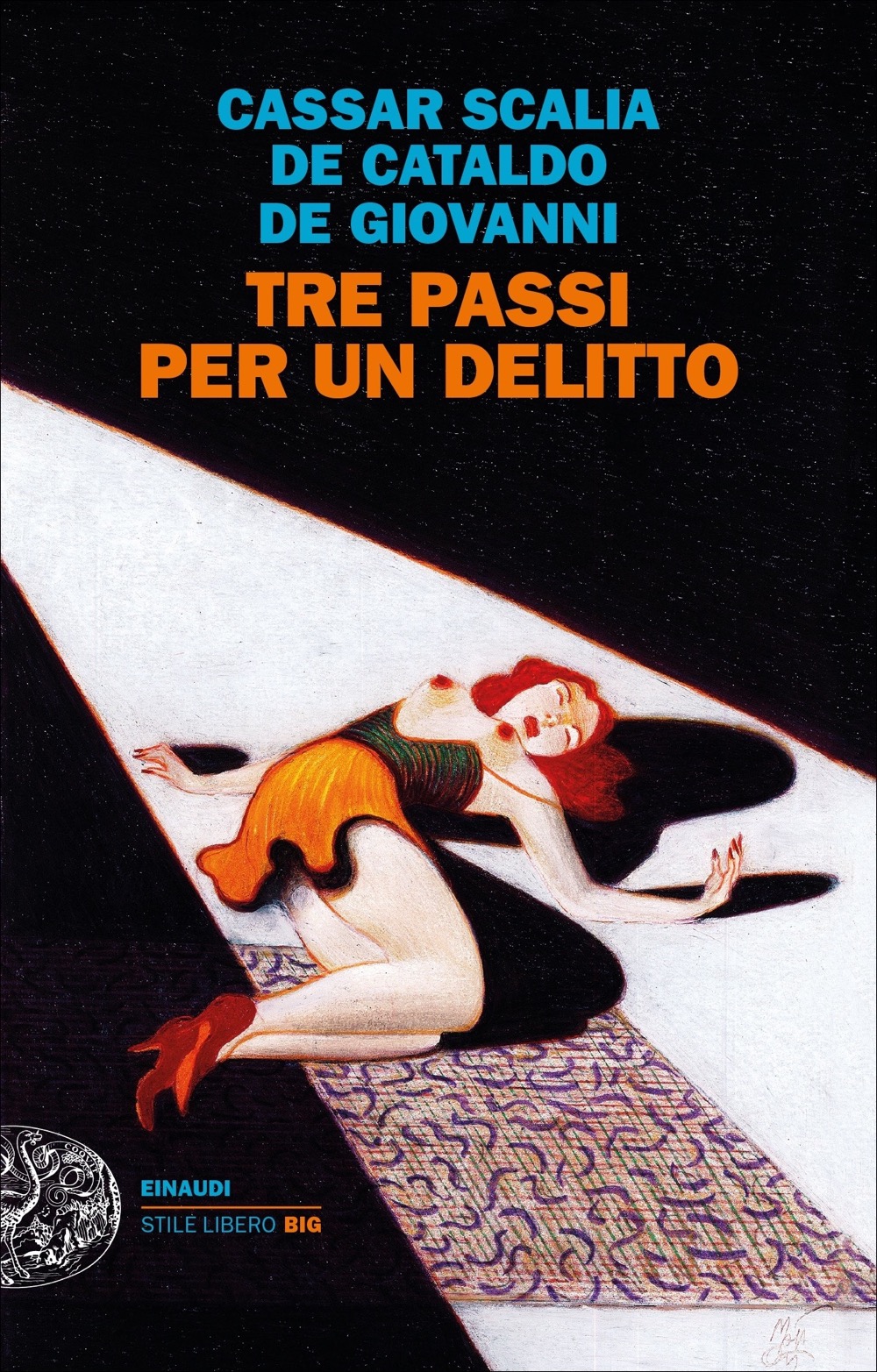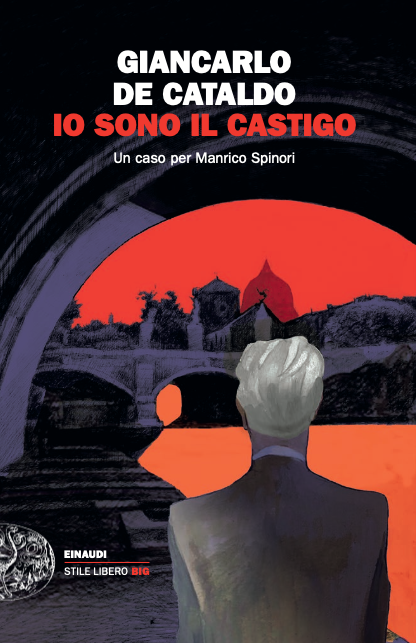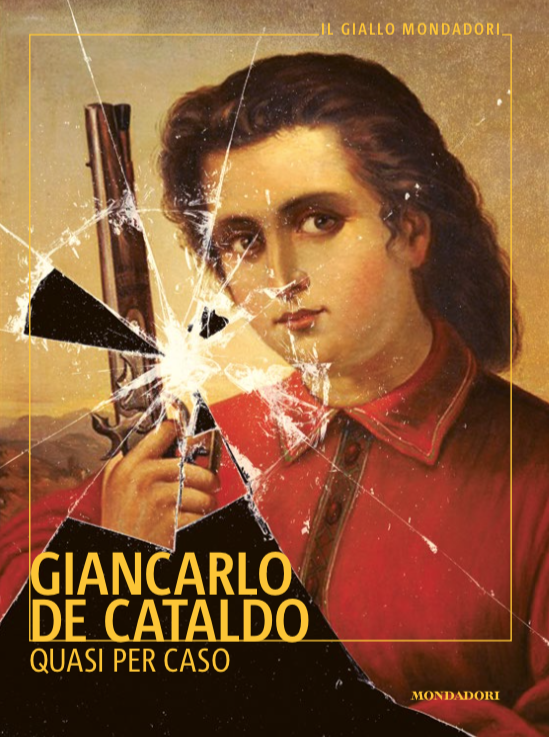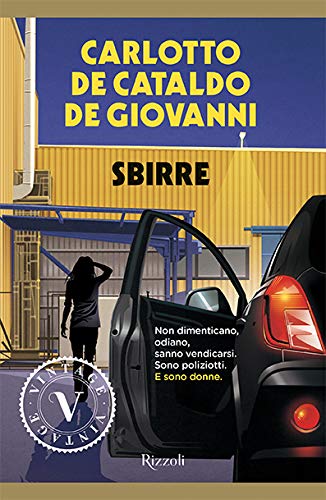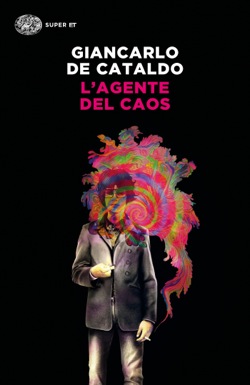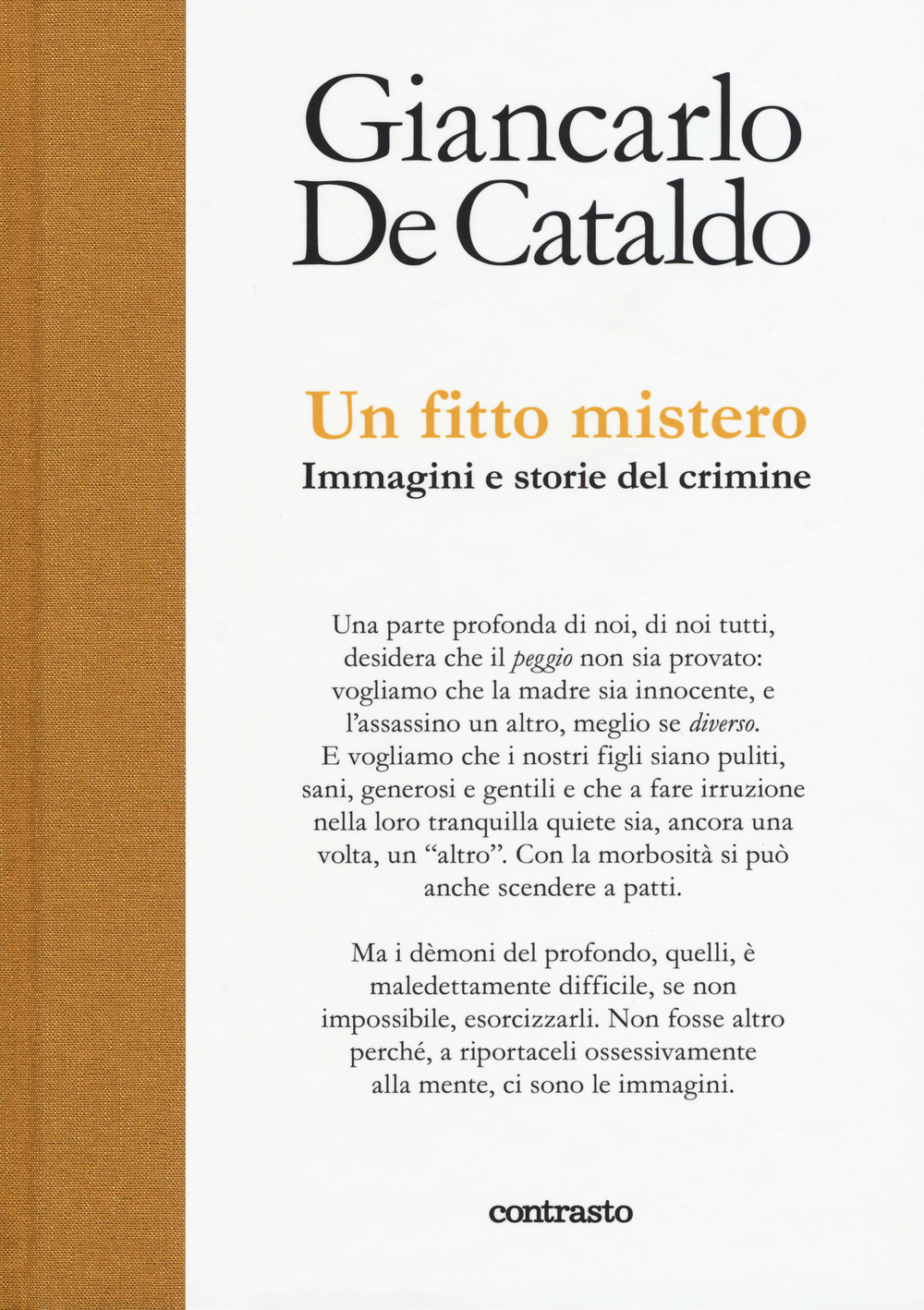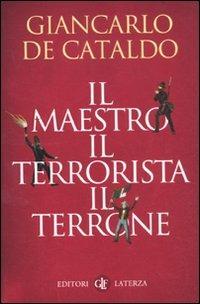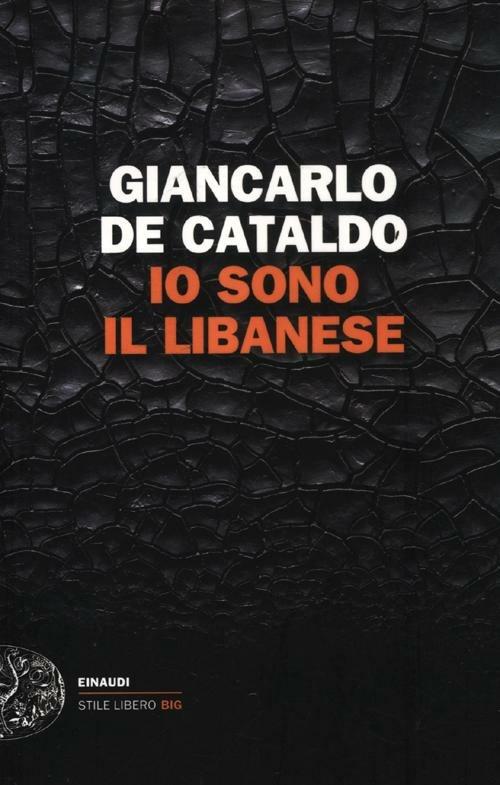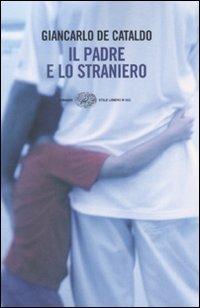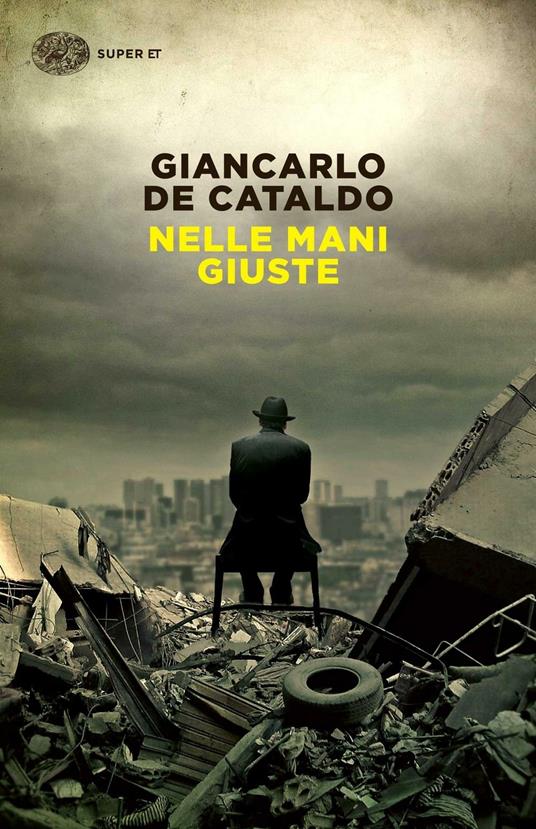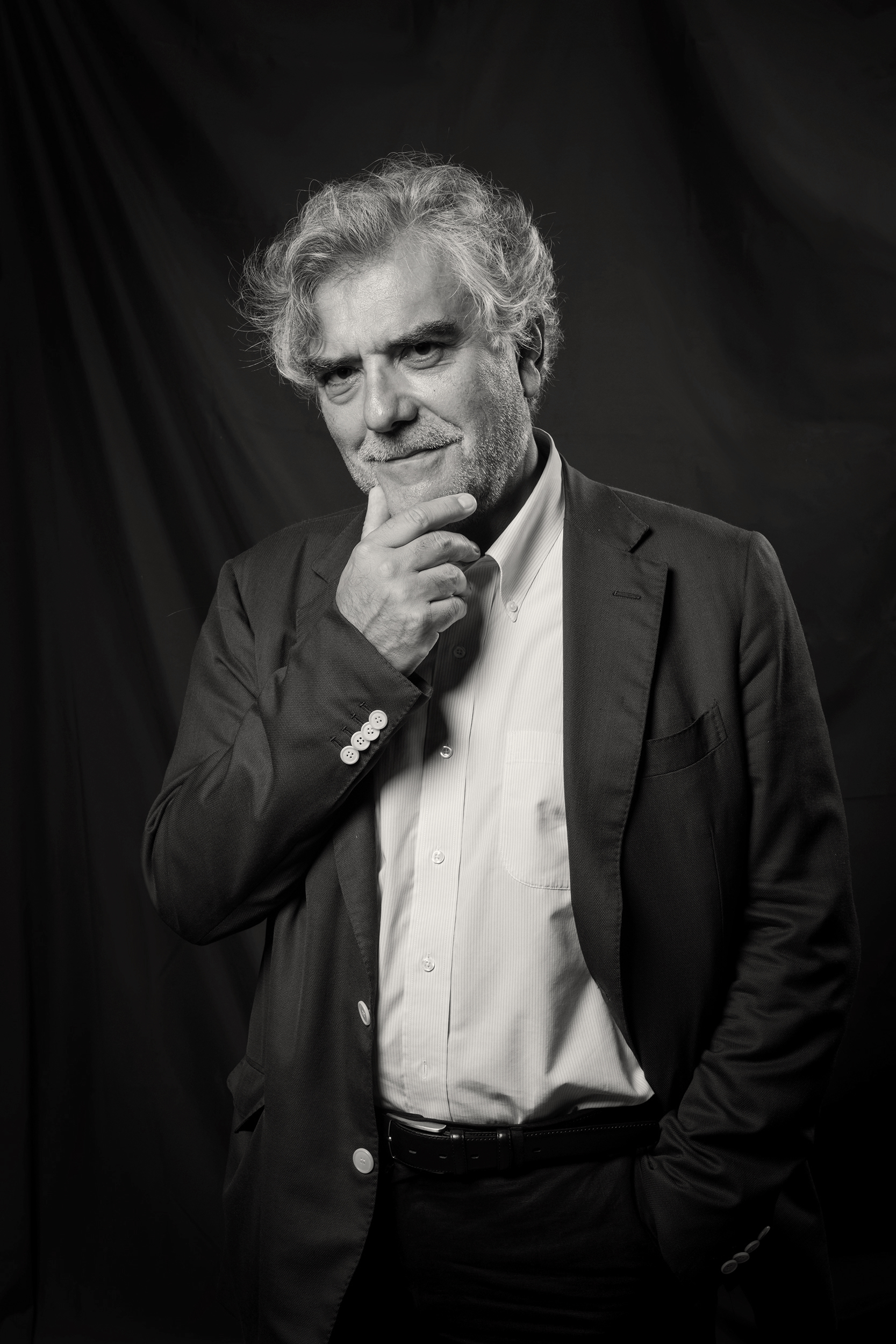
Giancarlo De Cataldo
Giancarlo De Cataldo, born in Taranto, lives in Rome. He has been judge in many important and well-known cases, dealing with Mafia, murder, terrorism. His most famous novel is Romanzo Criminale (2002), that became a movie directed by Michele Placido and an equally successful two seasons TV series, directed by Stefano Sollima (also director of TV series Gomorra, based on Roberto Saviano’s novel). The series was broadcast by Channel 4 in UK. The English translation of the novel was published in 2015 by Corvus Publishing. Three of his short stories are translated in the anthologies Italian crime (Bitter Lemon Press), Cocaine and Judges (MacLehose Press). His novel The father and the foreigner is published by Europa Editions. He wrote many crime and historical novels and essays, including two books based on his more than 30-years experience as a criminal judge. He also wrote short stories, graphic novels, and scripts for cinema and TV networks. His scripts for Romanzo Criminale (the movie) and Noi credevamo won the David di Donatello awards. The script of his movie Il permesso won the Ennio Flaiano Award. His novel Suburra, co-written with the journalist Carlo Bonini, has been adapted for cinema by director Stefano Sollima and it is available worldwide on Netflix. When in december 2014 the case of Mafia Capitale burst out in Rome, they said the novel was kind of an anticipation of that big inquiry. He is story-editor of the Netflix TV series based on Suburra (currently at its third season). Suburra is published in English by Europa Editions. He also writes for the theatre and he's been a contributor to some newspapers. His most recent novels are L'agente del caos (2018), Alba nera (2019), Quasi per caso (2019, Premio Ippolito Nievo 2021), Io sono il castigo (2020), Tre passi per un delitto (2020, with Cristina Cassar Scalia e Maurizio De Giovanni), Un cuore sleale (2020), Il suo freddo pianto (2021), La svedese (2022),Colpo di ritorno (2023), Il bacio del calabrone (2024).
His most recent work is Per questi motivi (SEM, 2024).

